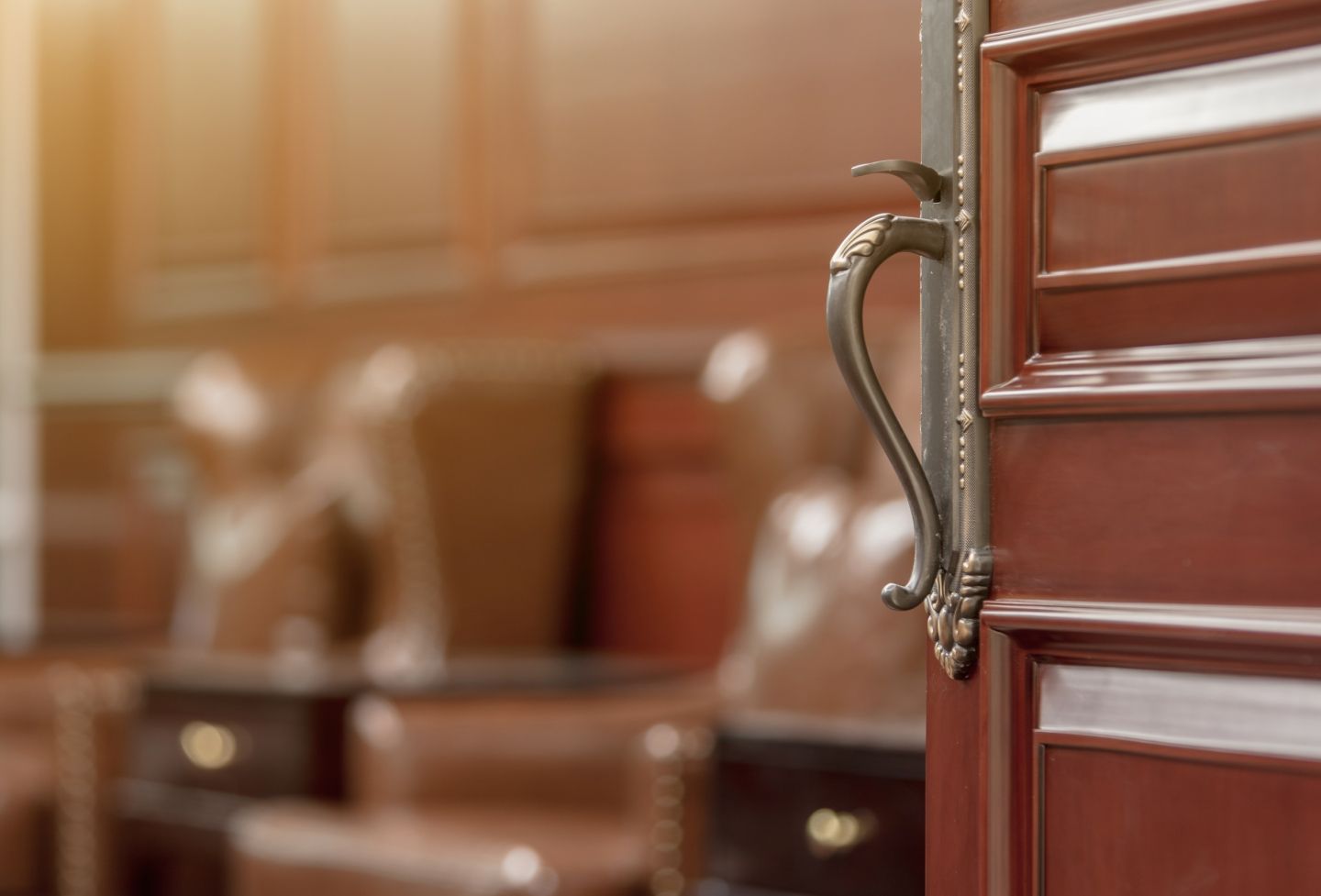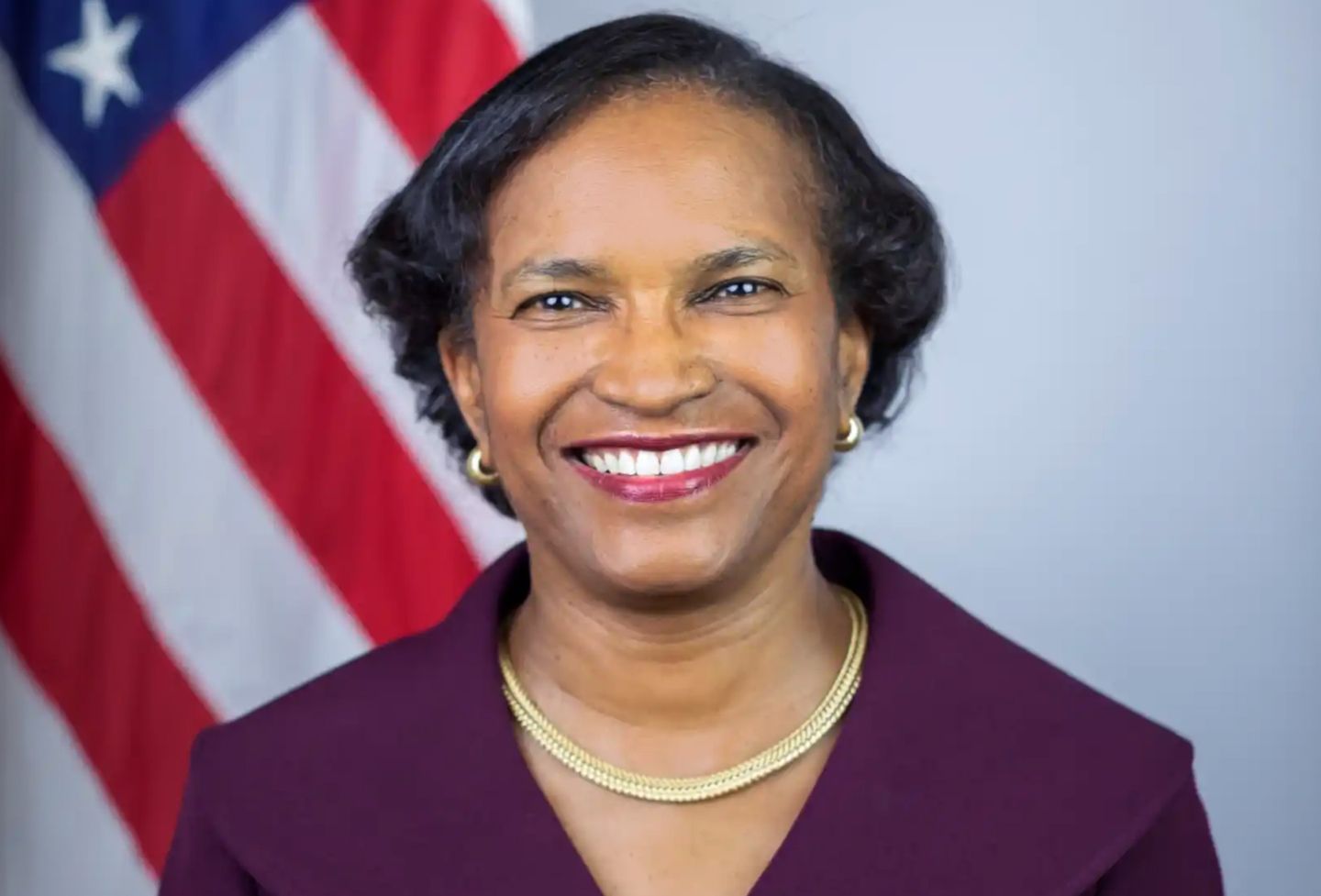Alan S. Boyd, the first U.S. secretary of transportation and a 1948 graduate of the University of Virginia School of Law, died Sunday at age 98.
Sworn in as secretary with President Lyndon B. Johnson at his side in January 1967, Boyd pulled together a patchwork of smaller federal transportation agencies to create the Department of Transportation. The nation’s urban transportation systems, for example, had been under the control of Housing and Urban Development.
Boyd, who previously served as undersecretary of commerce for transportation, was influential in promoting vehicle safety standards, including the requirement of seatbelts for all new cars, among other accomplishments.
The Washington Post put his role in perspective Monday. Boyd “coordinated the country’s overarching transportation policy, giving equal weight to plane, train and automobile travel. His efforts laid the foundation for a Cabinet-level agency that has grown from a $5.5 billion to $76.5 billion budget, with a role in highway safety as well as the Saint Lawrence Seaway.”
The New York Times observed, “Despite resistance from bureaucrats and maritime unions, and having to work with underfunded mass transit systems, Mr. Boyd won relatively high marks for a two-year effort to merge dozens of transportation-related federal agencies.”
Boyd solidified his path to transportation secretary as a Johnson appointee in 1965, serving as commerce undersecretary and as part of a special committee that recommended creating the department. He used his political experience in Washington to help shuttle the bill through Congress. Boyd had previously served as a member and chair of the U.S. Civil Aeronautics Board, first appointed by President Dwight D. Eisenhower in 1959.
In his 2016 autobiography, “A Great Honor: My Life Shaping 20th Century Transportation,” Boyd detailed his call to Johnson after a friend who was a White House assistant erroneously told him he wasn’t going to be picked for secretary.
“I called the president and told him that he didn’t owe me anything and that I had been honored to serve him in the capacities to which he had appointed me,” Boyd writes. “I added that if I could be of any service to him in the future, I would be happy to do so, but that I would also be happy to leave the government satisfied that I had done the best job I knew how.”
Johnson responded, “What the hell are you talking about?” The president later added, “Alan, don’t you do any damn fool thing. Just sit tight and shut up!”
It was all a misunderstanding; Boyd was in.
In the years following his public service in the Johnson administration, Boyd served as president of the Illinois Central Railroad (1970-77), as president of the quasi-public Amtrak passenger rail service (1978-82), and as chairman and president of the North American subsidiary of Airbus Industrie, the French jetliner company (1982-92).
He briefly worked for another U.S. president, Jimmy Carter, in 1977 as Carter’s special representative negotiating a new U.S.-U.K. bilateral aviation agreement.
He began his career in private legal practice in Miami. But a law firm partner engaged in politics and a subsequent job with the Florida State Turnpike Authority set him on his way for a career in government focused on transportation. He served on the Florida Railroad and Public Utilities Commission before heading to Washington.
In his book, Boyd credited Law Dean F.D.G. Ribble ’21 for giving him a chance to study law following his service in World War II as an Army pilot — despite flunking out of the University of Florida. If Boyd took undergraduate courses at UVA and performed well, the dean said he would reconsider the young man’s plea for admission.
“At the end of the semester, I brought my grades to Dean Ribble. I’d taken economics, public speaking, and history, and done very well in all three. He greeted me warmly and told me to plan on entering the law school the following Tuesday.”
Boyd’s two years of legal studies (condensed after the war from the standard three) included a self-guided course in aviation law. He notes that his application to work for the Civil Aeronautics Board immediately after passing the bar was rejected.
Boyd reinforces in the book how his time at UVA helped influence the principles by which he would live his life.
“I believe in honesty,” Boyd writes in the epilogue. “Like the University of Virginia, I have an honor code I follow. I know I could never live with myself if I ever lied or cheated. I want to look in the mirror every day and be proud of the person I see.”
His son, Mark T. Boyd, who notified the media of his father’s death, reiterated that thought in a letter last year to the Law School: “Dad credits his education at U.V.A. Law as foundational for his approach to life.”
Founded in 1819, the University of Virginia School of Law is the second-oldest continuously operating law school in the nation. Consistently ranked among the top law schools, Virginia is a world-renowned training ground for distinguished lawyers and public servants, instilling in them a commitment to leadership, integrity and community service.


